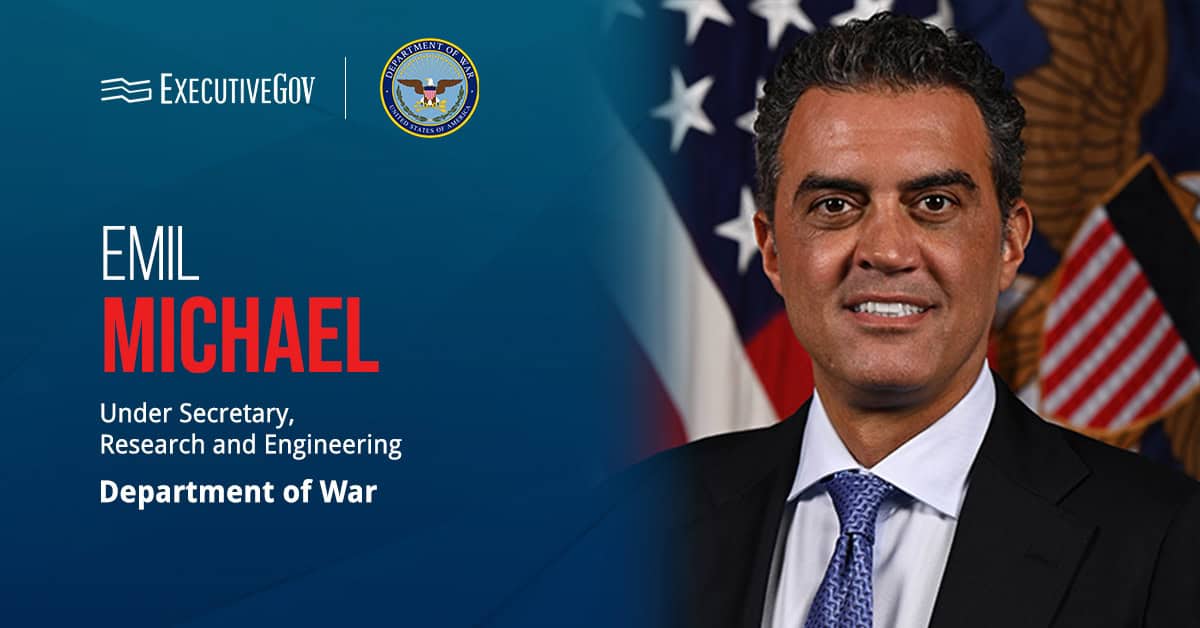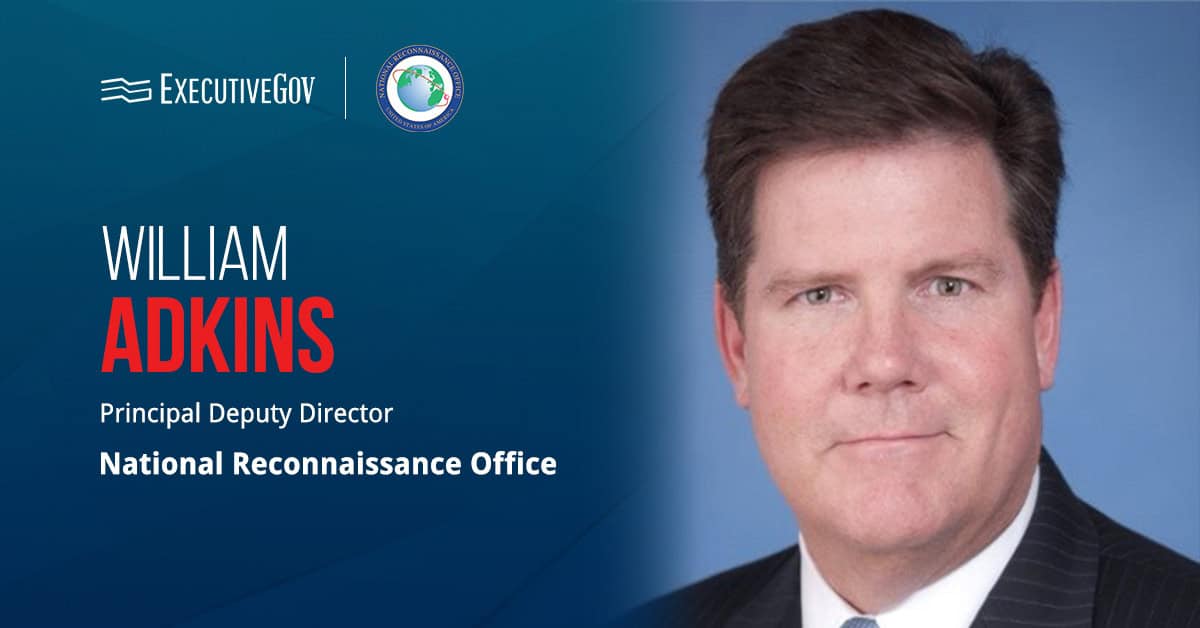The Food and Drug Administration (FDA) has advised the National Institute of Standards and Technology (NIST) to consider third-party software as a critical factor to the safety of a device, Nextgov reported Monday.
FDA said these third-party products must be classified as critical software if they are vital to a device's safety and support a device's definition. NIST held a virtual workshop on June 2nd and 3rd to align with a presidential Executive Order on federal cybersecurity, which tasks NIST to consult with other sectors on the matter.
The event gathered input in the form of position papers on standards, tools and best practices that could strengthen the security of the software supply chain. The standards agency invited government, industry and academia to take part in the workshop.





